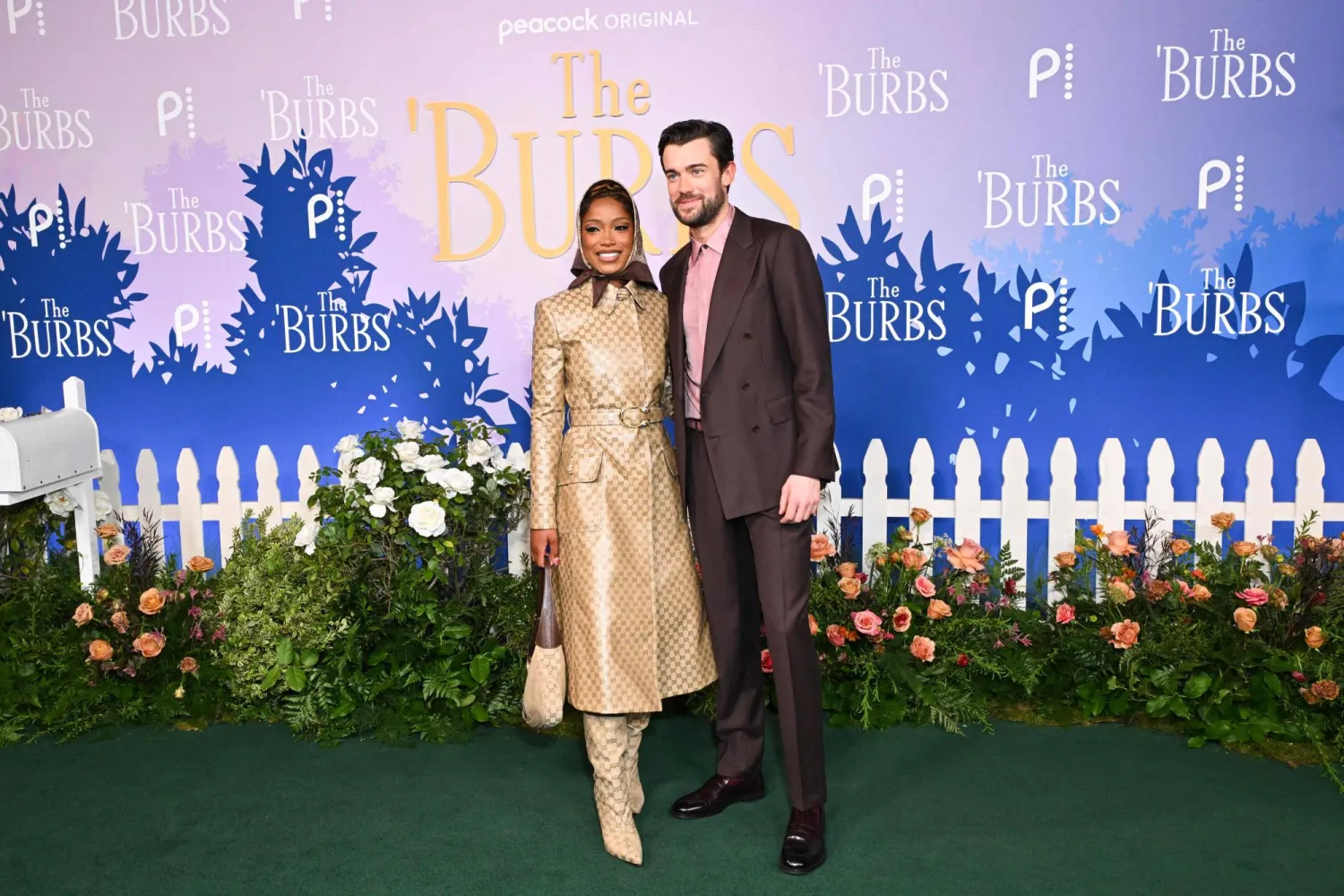April is the cruelest month, breeding lilacs out of the dead land, mixing memory and desire, stirring dull roots with spring rain. But it is also, if I check the clock, Mario Time.
“The Super Mario Bros. Movie,” with its vistas of primary colors, is here to brighten our dreary springs, T.S. Eliot be damned. That there is a swell of enthusiasm for a Mario Bros. movie is a once-unthinkable development. The last time Mario hit the big screen was in the little-remembered 1993 live-action film with Bob Hoskins as Mario, John Leguizamo as Luigi and Dennis Hopper(!) as Bowser. Hoskins called the experience “a f——— nightmare.”
But a lot has changed in the three decades since “Super Mario Bros,” the very first video-game adaptation. A once widely derided genre is now a cash cow. “The Last of Us” is a massive success on HBO. Pokémon and “Uncharted” are box-office hits. With Sonic the Hedgehog already two movies in, Mario is playing catch up.
And “The Super Mario Bros. Movie,” which opens in theaters Wednesday, is a spirited and sprightly attempt to race to the front of the pack. A collaboration between legendary video-game designer and Mario creator Shigeru Miyamoto and Illumination founder Chris Meledandri (both producers), it’s a drastically more sincere effort to capture the fun and spirit of the Nintendo game.
And visually, it’s a dream. Directors Aaron Horvath and Michael Jelenic and their animators have rendered the Mario universe with cartoony splendor, matching the game’s ingenious simplicity with a more robust and equally delightful day-glo palate. If part of the appeal of playing “Super Mario Bros.” and its many offshoots has always been to be immersed in such a sunny imaginary world — plus the bouncy earworm compositions of composer Koji Kondo — the movie has successfully mirrored that mushroom-stomping pleasure. It makes you ... want to play Mario.
That’s because as nice as it is to look at “The Super Mario Bros. Movie,” it’s not anywhere near as fun as it would be to play it. It’s a-him, Mario, but it’s no a-masterpiece. The storyline is only a touch above the interstitial bits of plot you usually get between gameplay. With the exception of Jack Black’s grandly lovesick Bowser (he’s part Phantom of the Opera, part Meatloaf-styled balladeer), there’s nothing here that deepens these characters beyond their usual 2-D adventures. Mario may be a modern-day Mickey Mouse but his kingdom is on the console.
“The Super Mario Bros. Movie” begins much like Spike Lee’s “Do the Right Thing”: in a Brooklyn pizza parlor. There Mario (Chris Pratt, passable despite the outcry) and Luigi (Charlie Day) are struggling to get their plumbing business off the ground. There are a few moments of stereotypical Italian life — pasta and a big family dinner — before the brothers’ attempt to fix a water main break drops them through a portal and into the fantasy realm of the game. (In future Brooklyn-set sequels, Mario will presumably combat waves of strollers and hipsters.)
On the other side, Bowser lords over a Koopa Troop army in scenes that can feel like the most surreal imitation yet of “Triumph of the Will.” But while shrinking or enlarging are possible on this other side of the green pipe, there’s never any mention of the possibility of lives being lost as Mario makes his way through mushroom patches and question-mark boxes. His predicament is just as clear as in the game: He’s been separated from Luigi and he must help save Princess Peach (Anya Taylor-Joy) from being forced to wed Bowser.
Game logic often dictates Mario’s movements. The shells of the turtle-like Koopas can be slid around like ammo. And choosing a Mario Kart vehicle is just as difficult a decision. Sometimes, the overlap is less consistent. An invincibility star is the most sought-after item in this adventure, greatly exaggerating its typical usefulness. Those things last for like 10 seconds.
None of this is likely to be enough for anyone to exclaim “Oh, yeah!” while hopping up and down and doffing their cap. But it is an hour and a half’s worth of superlative marketing that will whet your appetite for more Mario back home on the couch. If anything, the — as Mario would say — “okey dokey” “Super Mario Bros. Movie” only reinforces the distance between two wholly different mediums. It may be game-on for video-game adaptations but the Mario main event is still back on Nintendo.









